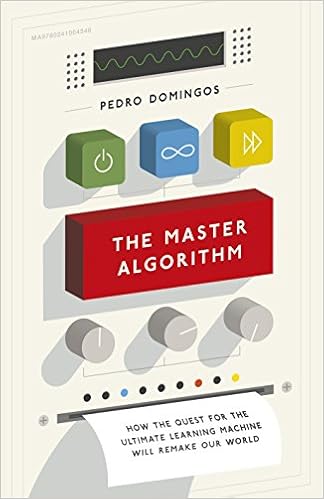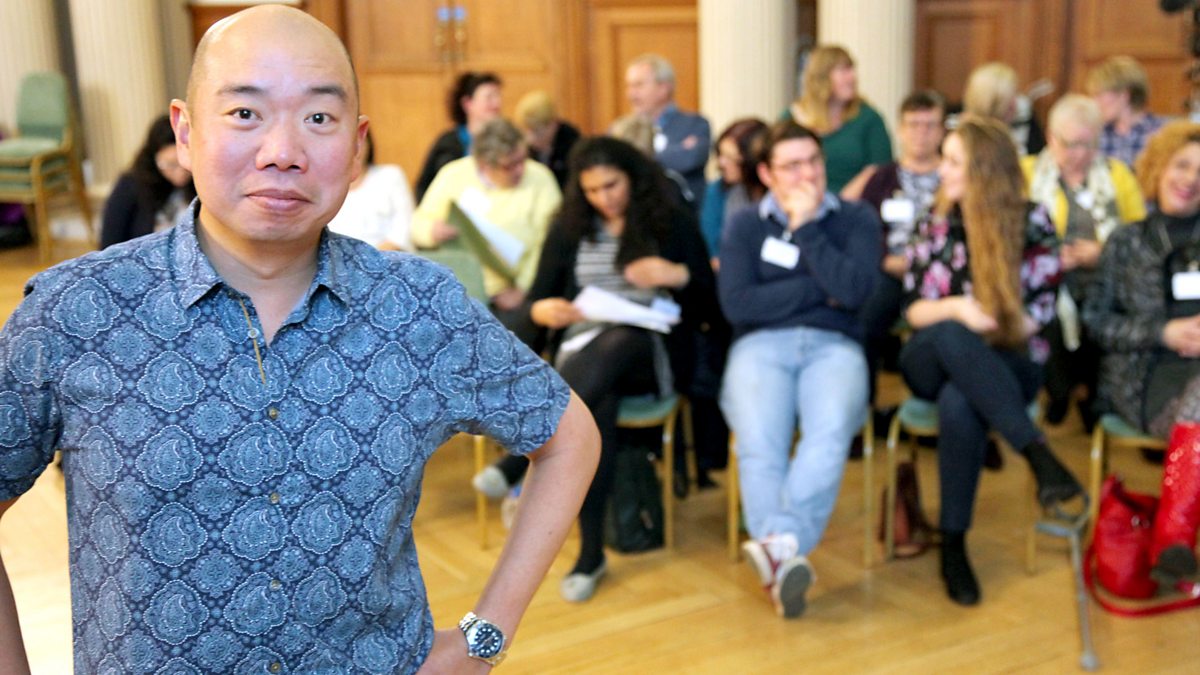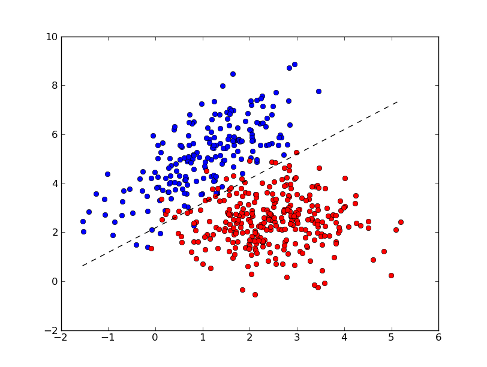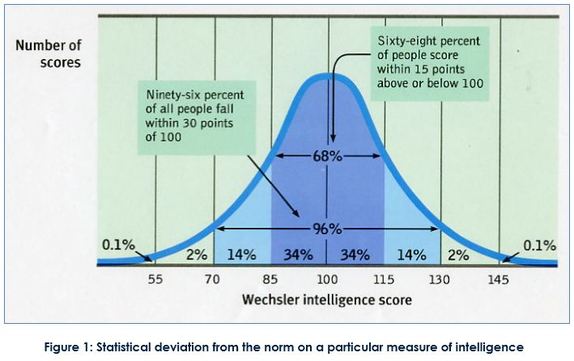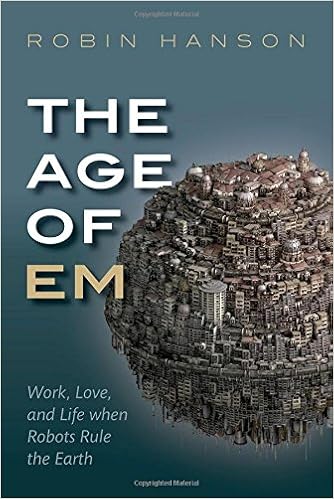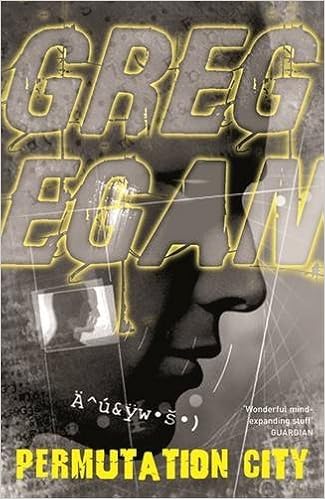Pedro Domingos starts his popular book on machine learning with a breathless tour of everyday life in middle-class America.
As you drive to work, check your stocks, book a flight, do a little shopping and use the Internet, you're continually interacting with (and being surveilled by) AI learning systems.
They can do so much, yet as Amazon's recommendations system continually reminds us, they also fall so short.
There are five main schools of thought in today's machine learning community,
- The symbolists have inverse deduction (I think this is abduction)
- the connectionists have backpropagation
- the evolutionaries have genetic programming
- the Bayesians have probabilistic inference
- the analogizers have support vector machines.
Pedro Domingos believes that what we really need is a single algorithm combining the key features of all of them. In the final part of his book he describes
Markov logic networks, his own best candidate for the way forward.
If I had to infer Pedro Domingos' personality type from reading his book (personality inference, he thinks, will become commonplace in future automated systems) I would guess
ENTP.
The books is optimistic, provocative, full of ideas, clever ... and sprawling, lacking conceptual coherence and depth.
The experience of reading it is that of empty calories. Popular science books avoid the complex abstractions of the real science in favour of familiar (but underpowered and ultimately misleading) analogies.
Domingos is not afraid to use technical labels -
Bayesian inference,
hidden Markov models - but he carefully avoids any technical depth in his explanations. Ultimately the reader who has not previously studied a topic will be no wiser, drowning in cotton wool.
What is this machine learning all about? How can we understand it in a broader scientific framework?
I was frustrated by being no clearer at the end of this book than at the beginning. Algorithms are not the stuff of science or explanation - they are realisation of relationships between inputs and outputs which need to be anchored in an underlying theory.
The neuroscientist David Marr, namechecked in the book, was particularly insistent on separating these levels of description. Yet a theoretical framework for machine learning is conspicuously absent in Pedro Domingos' account; you never see the wood for the trees.
I was glad I read it, if only for the identification of the 'five tribes' mentioned above and his hand-wavy overview of their approaches. But given his intended audience, the book would have been much improved if the author had simply included five '
Scientific American' level appendices explaining at a semi-technical level how the five approaches actually work; including some maths.
